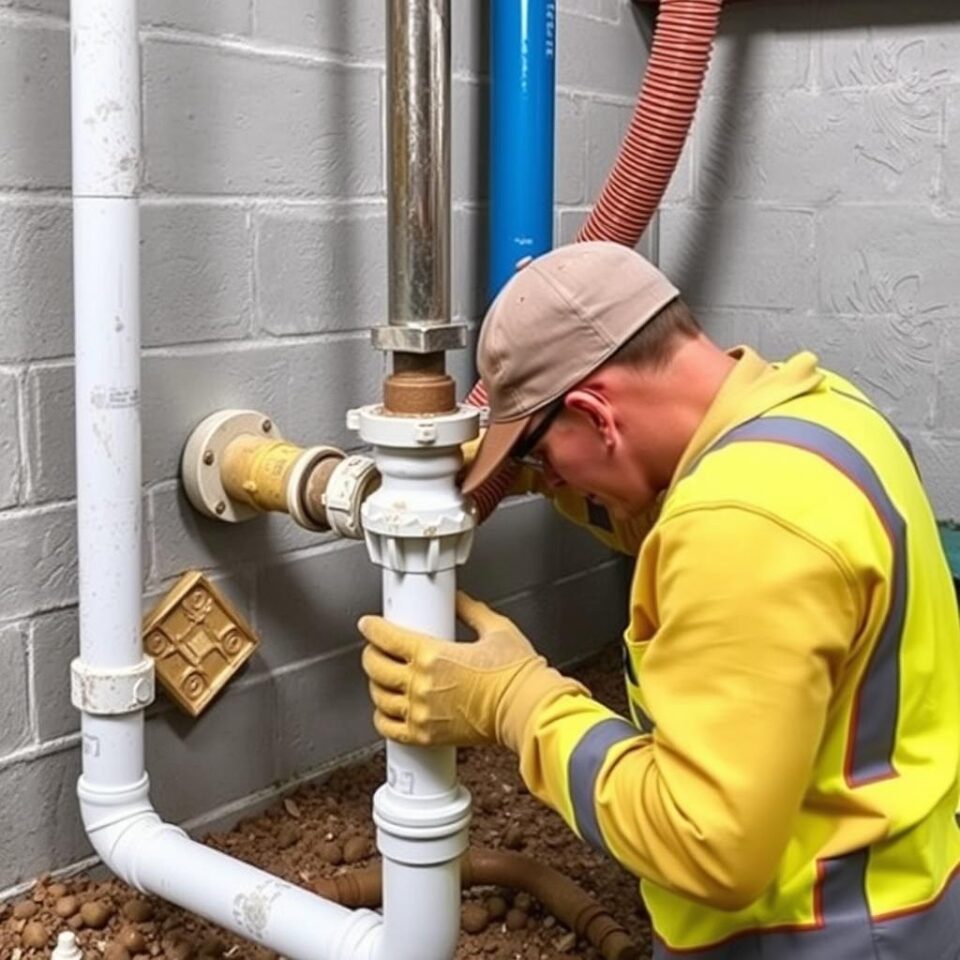The fluid needs a reliable pipeline that do not have any leaks at the joint for traversing them from one place to another. There is also a risk of thermal expansion if they are made of metal during summer season and contraction and freezing when exposed to cold weather. To avoid this situation, we make use of expansion bellow joints in industrial applications. In this blog we will explore what is the significance of expansion bellow joints in industrial sectors, and how are they manufactured.
Table of Contents
What is Expansion bellow Joints used for?
Expansion Bellow Joints are also commonly referred to as expansion joints or compensators. They are specifically applied for the purpose of absorbing and accommodating the thermal expansion and contraction of materials in piping systems, ductwork, or any other form of structures to avoid damage caused by temperature changes, vibration, pressure fluctuations, and mechanical movement. They are often made of flexible material, which includes metals and rubber. They have many applications in power generation, oil and gas, HVAC systems, among others, ensuring that the mechanical strength of the system is achieved and equipment life-span is improved because controlled motion does not strain the parts.
How are expansion bellow joints manufactured?
Expansion bellow joints can be manufactured through a process of shaping elastic materials such as stainless steel, rubber, and other alloys into a corrugated shape. The process starts by cutting raw material into precise sizes. These are moulded, in hydraulic forming or mechanical forming, into the characteristic bellow shape. In doing so, corrugations will be developed that allow the joint to expand, contract, and flex in response to various stresses. The welding or assembly of end fittings, such as flanges or pipe connections, into a bellow shaped body connects it into piping systems. Testing the processes for durability and resistance to pressure and flexibility before application.
Which quality control check should be remembered while manufacturing the expansion bellow joints?
In the production of expansion bellow joints, there are some very essential qualities control measures that Expansion bellow manufacturers must be follow so that they can work and last well. Material selection is the first thing since the bellows have to be made of the high-quality corrosion-resistant material available for the required application. Dimensional accuracy is required so that the bellows can expand and retract according to requirement without failure. It also undergoes strict pressure testing, fatigue testing, and thermal cycle testing to ensure that the joint would be able to withstand the operating condition. Finally, welding and assembly must also be inspected to ensure that there are no leaks or structural weaknesses in the bellow to withstand stress due to temperature fluctuations and movement in piping systems.
Conclusion
These expansion bellow joints are vital to the reliability and safety of a piping system in industry. They hold up to thermal expansion, contraction, and mechanical movements, thus keeping out damage from temperature and pressure changes, characteristics of industrial applications. Their capability for holding a system intact in the face of such structural changes is what places them solidly as a non-negotiable element of the power generation, oil and gas, and HVAC industries. These at the right stage of quality assurance and manufacturing processes enhance their reliability much further and make them last much longer with optimal operating conditions even in extreme environments.

